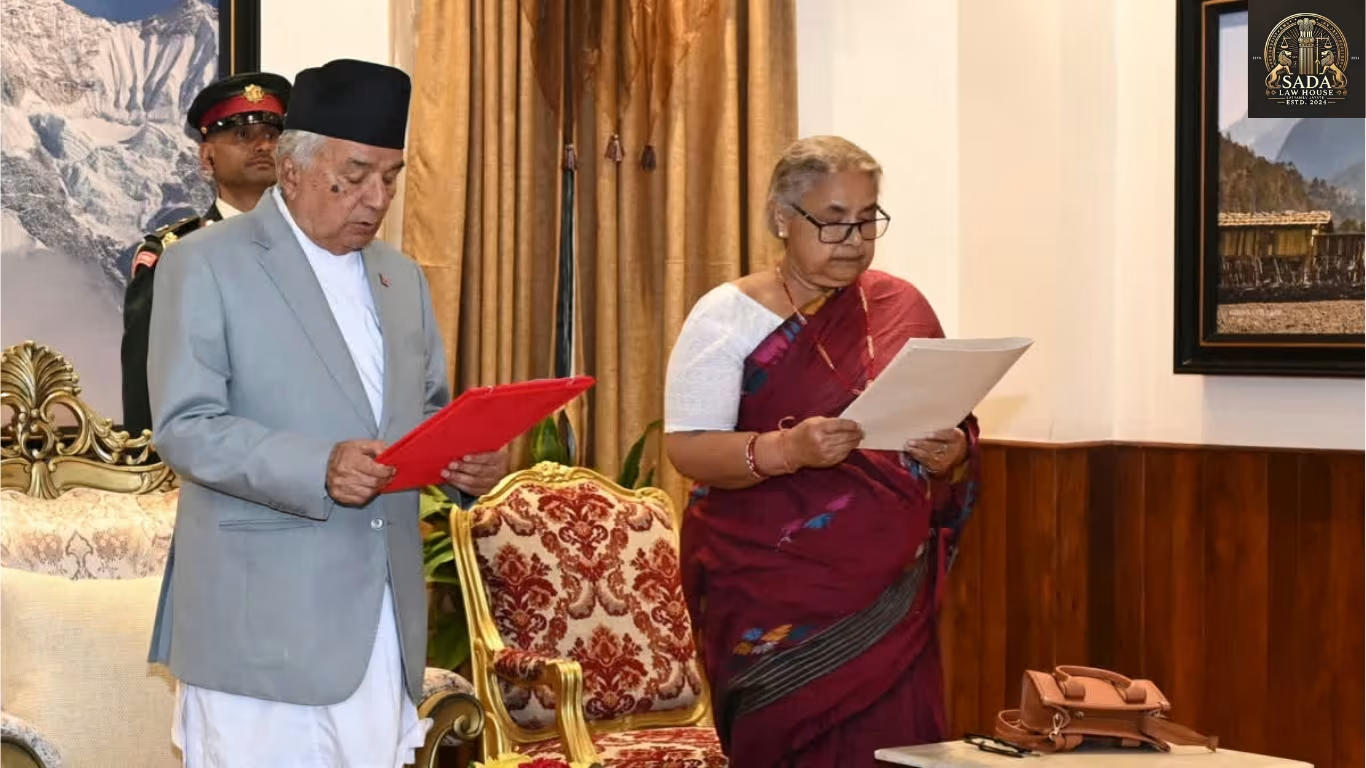Sushila Karki to Be Sworn in as Interim PM Amid Nepal’s Political Turmoil
- Shivani Garg
- 13 September 2025

Introduction
Nepal is witnessing a historic political shift as former Chief Justice Sushila Karki is set to be sworn in as the country’s interim Prime Minister, following weeks of violent protests and the resignation of Prime Minister K.P. Sharma Oli.
Background
The unrest began after the government imposed a ban on major social media platforms, sparking outrage among young people, especially Gen Z.
Protests quickly expanded to broader grievances, including corruption, nepotism, and lack of accountability in governance.
Demonstrations escalated into violent clashes, resulting in at least 30–50 deaths, hundreds injured, and the torching of key government buildings such as Parliament and Singha Durbar.
With the crisis deepening, Prime Minister Oli resigned, creating a political vacuum that worsened instability and prompted urgent negotiations involving the President and the Nepal Army.
Why Sushila Karki Was Chosen
Sushila Karki served as the first female Chief Justice of Nepal’s Supreme Court (2016–2017).
She is widely respected for her independence, integrity, and anti-corruption stance.
Protest leaders and the public pushed for an interim figure perceived as clean, impartial, and credible—qualities strongly associated with Karki.
Key Developments
Karki has been officially appointed as interim Prime Minister.
She will take her oath of office at the President’s residence.
The interim government is tasked with stabilizing Nepal and preparing for general elections, tentatively expected within six months.
Issues
Restoring public order amid continued tensions.
Curbing corruption and ensuring transparent governance.
Addressing questions of legitimacy, including the scope of the interim government’s powers.
Handling the potential dissolution of Parliament and securing cross-party political support.
Current Status
Nepal remains in a fragile and volatile state.
The interim administration led by Karki is seen as a potential bridge to democratic renewal, but its credibility will depend on swift, visible action to restore public trust.
Conclusion
Sushila Karki’s appointment marks a historic moment in Nepal’s political landscape, reflecting both public anger at entrenched political elites and the demand for clean, accountable leadership. The coming months will test her ability to stabilize the country, restore confidence, and guide Nepal toward credible elections.






